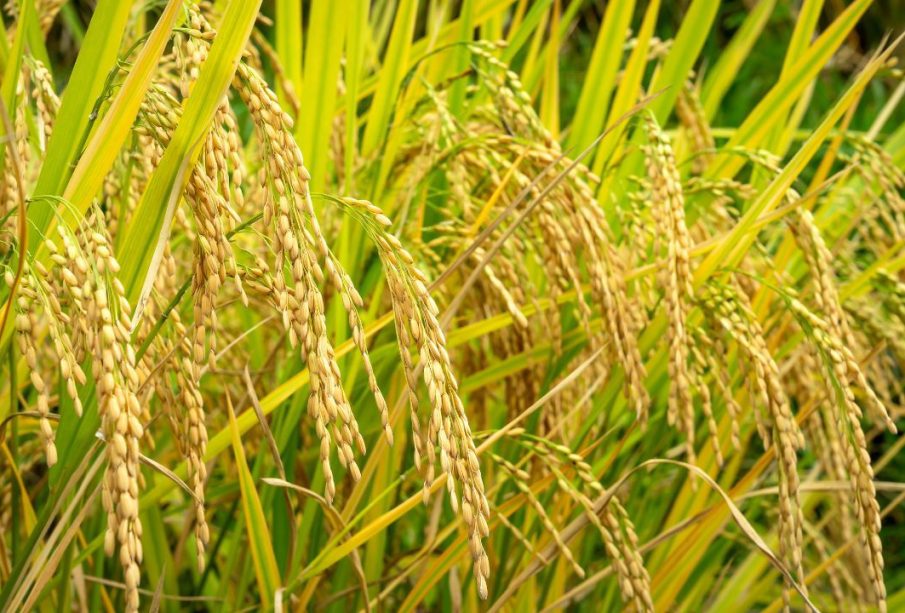Dhan: Cultural and Economic Significance in India

Introduction
‘Dhan’, a Sanskrit term meaning wealth or riches, holds immense significance in India’s cultural and economic context. As the nation steadily progresses towards becoming a global economic powerhouse, understanding the concept of ‘Dhan’ becomes vital. It symbolizes not just material wealth but also cultural and spiritual richness, which is essential for holistic development in India.
Historical Context
The concept of ‘Dhan’ has been part of Indian civilization for centuries, rooted in ancient scriptures and texts such as the Vedas and Upanishads. In these texts, wealth (‘Dhan’) is viewed as a means to lead a fulfilling life, support family, and contribute to the community. Historically, ‘Dhan’ was associated with agricultural prosperity, as land and natural resources formed the backbone of wealth in ancient Indian society.
Modern Economic Significance
In today’s context, ‘Dhan’ transforms into a crucial element governing India’s economic policies. The government’s initiatives such as ‘Digital India’ and ‘Make in India’ aim to enhance wealth creation and distribution across various sectors. Additionally, the rise of startups and entrepreneurial ventures in technology and e-commerce has brought forth a wave of new ‘Dhan’ creators in the nation.
Cultural Perspectives
Beyond its economic aspect, ‘Dhan’ carries cultural weight in various festivals and practices across different regions of India. For instance, during Diwali, the Festival of Lights, the worship of Goddess Lakshmi, the deity of wealth, underscores the cultural reverence for ‘Dhan’. This indicates that in Indian society, wealth is not merely a financial term but also intertwined with spiritual and social values.
Conclusion
The significance of ‘Dhan’ extends far beyond material aspects, influencing both cultural practices and economic policies in India. As the country evolves, the understanding of ‘Dhan’ as a collective growth approach can lead to sustainable development. Recognizing the traditional roots while embracing modern wealth-generation methods will play a key role in shaping India’s future. Ultimately, ‘Dhan’ serves as a reminder of the balance needed between accumulating wealth and nurturing cultural values that bind the society together.









